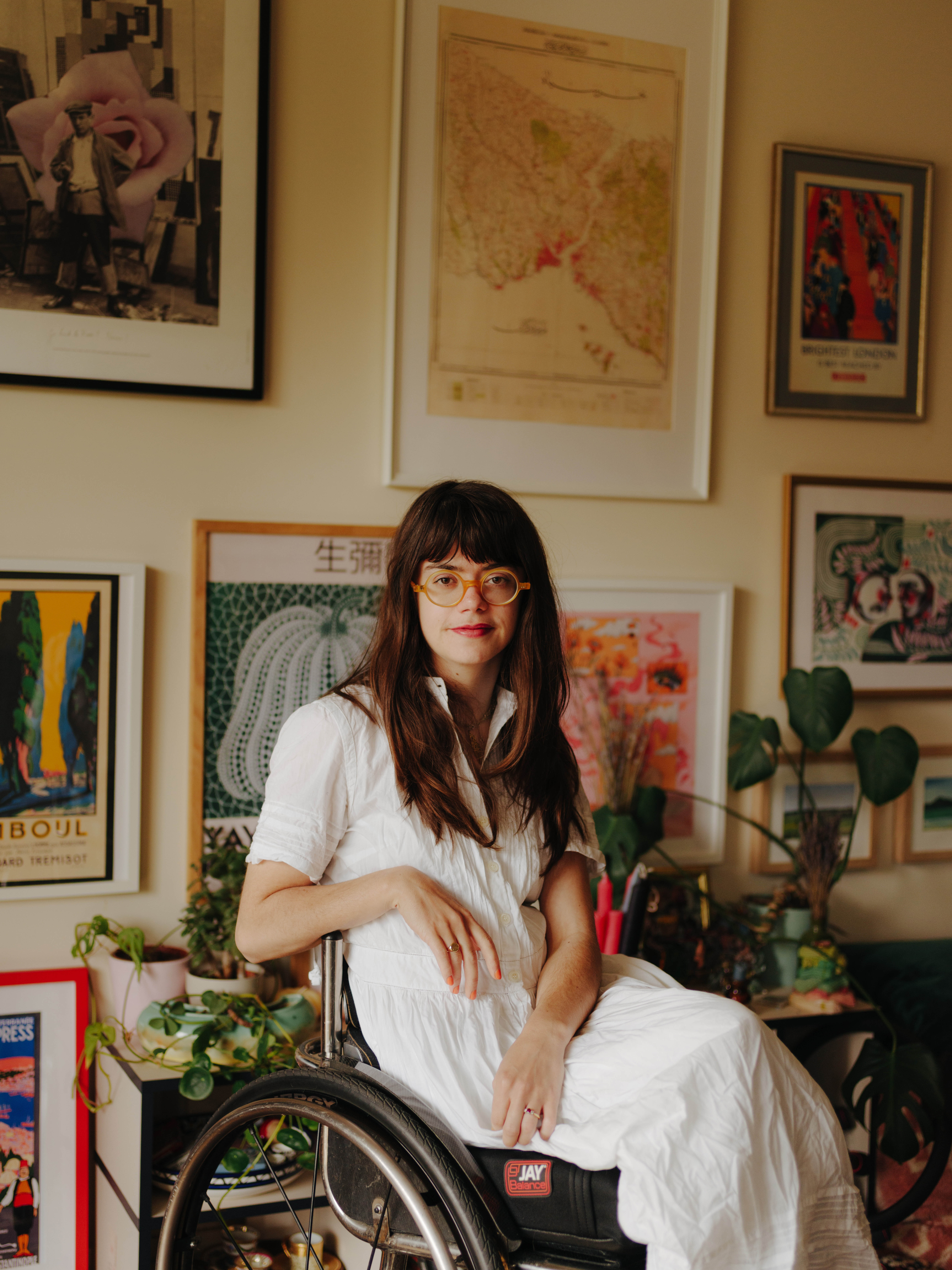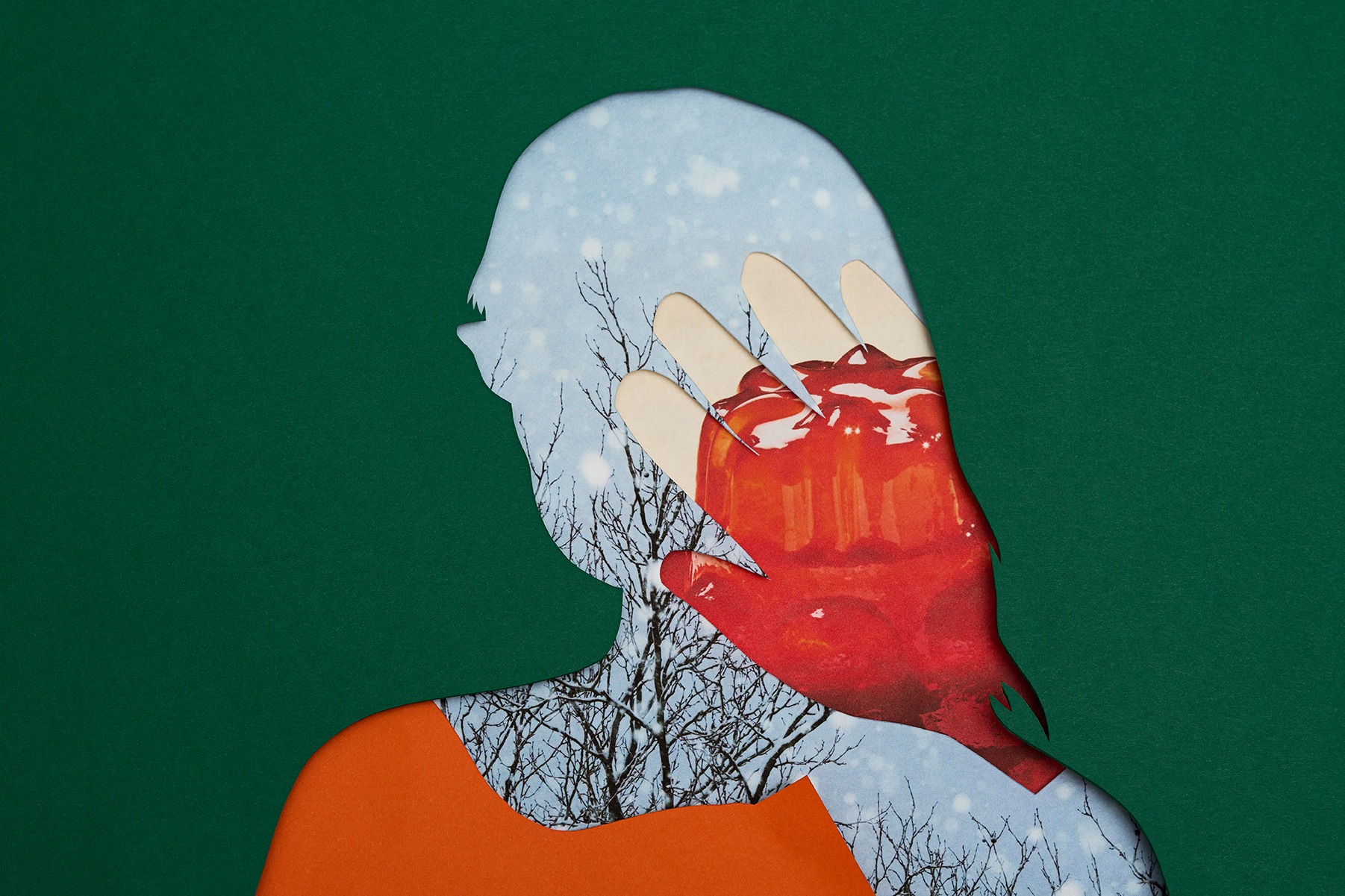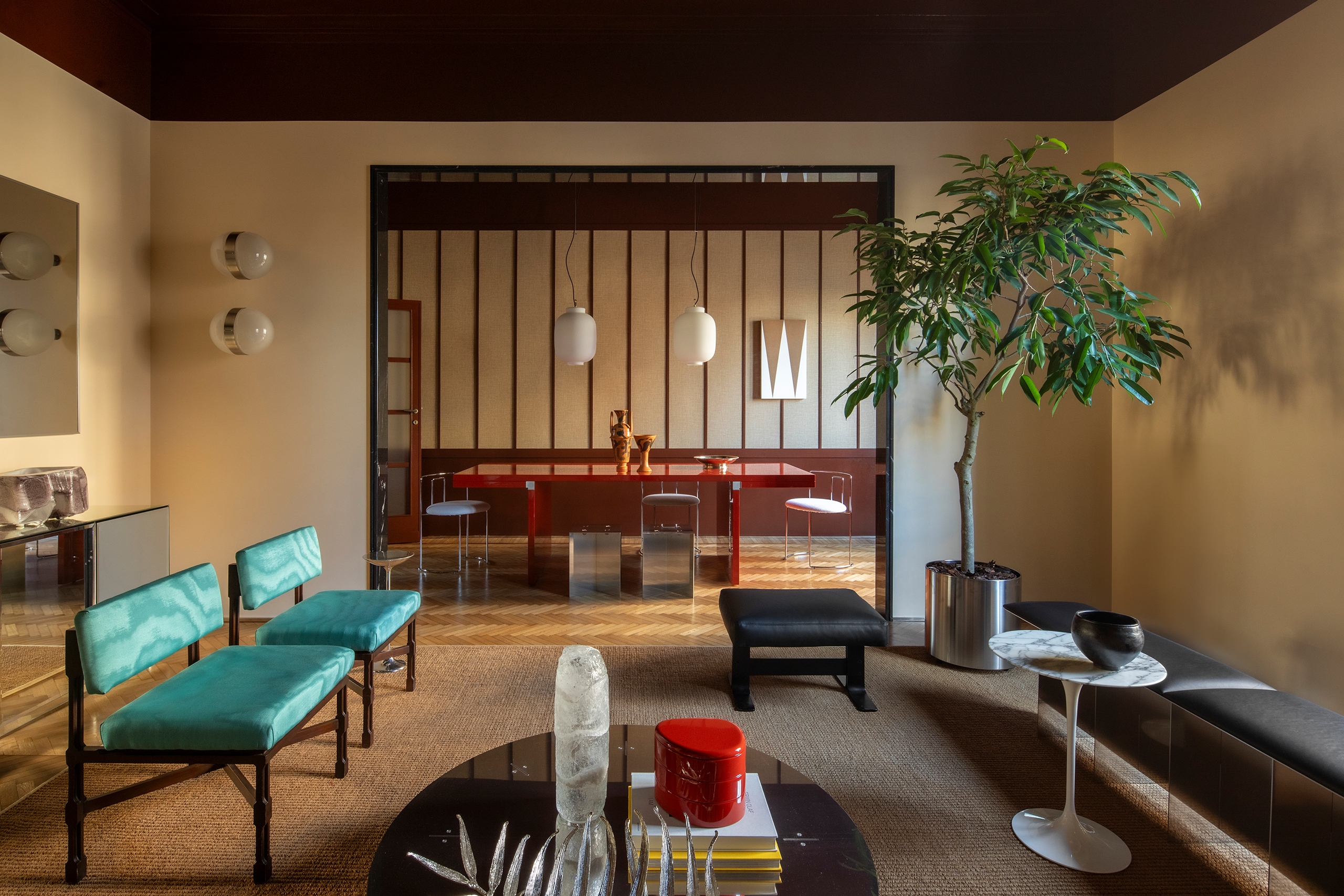What have you got then?” I try to think of any way to avoid the line of questioning I know is coming. I brace myself. We are sitting in a rheumatology clinic and I find myself in the situation every medical student dreads – the consultant has left the room “for just a minute”, leaving me and the patient to make small talk. I glance anxiously at the door, wishing the consultant would walk back in. I don’t want to be here, I think. I don’t even like bones!
“A spinal cord injury,” I say brightly. I’m hoping she won’t ask the question I know is coming, that I am naive to think won’t be next. But we are already there. “What happened to you?” This is a daily occurrence now, while I’m desperately trying to be taken seriously on wards and in clinics, in hospital corridors. What happened to you? What’s wrong with you? Is it permanent? Why are you in a wheelchair?
What happened to you? What’s wrong with you? Is it permanent? Why are you in a wheelchair?
What happened to you? What’s wrong with you? Is it permanent? Why are you in a wheelchair?
Although it wasn’t a car crash, I was a part of a collision. It was mid-afternoon, October 2018. My friend had dropped me off at east London’s Westfield shopping centre so I could catch the train.
Events here become a collection of moments and sometimes I don’t trust myself on their accuracy. How can you be sure if you remember something, or if you’re imagining a memory because you’ve been told it happened so many times? Because you’ve seen it written down on official documents, drawn up by important people, and so have taken it as fact?
We hugged goodbye at the escalators, planning to meet up later. I was walking along the atrium towards the station when the collision occurred. I awoke to find myself lying on the floor of the shopping centre.
The strangest part was waking up for the second time that day, not realising I had been unconscious. Someone was holding my head still, tightly. Faces drifted in and out of view. The adrenaline jolted me wide awake. In those first minutes, thoughts frantically flickered through my mind. I began to sense that there was another person lying near me. Were they part of this? They were telling this person he fell from the third floor. I found out later that he had jumped.
I realised then that I could not feel my legs. No, this phrasing isn’t entirely accurate. It’s not that I couldn’t feel them, it’s that my legs didn’t feel anything back, as if they had ceased to exist. The collision had broken my spine, causing bone to press into my spinal cord, paralysing me from the chest down. Multiple breaks, in fact, but I would only find this out much later.
How surreal it is to read your own MRI report years on and find injuries you didn’t even realise you had. Like a plug yanked from its socket, I had been disconnected from the lower half of my body in an instant.
I remember crying, maybe screaming, and in that moment the life that I had mapped out no longer appeared in front of me. I was on a new course.
While the sequence of events themselves may be simple, what I really want people to ask about and understand is what came after. I have spent the years since trying to find a new place in the world. I want them to understand what it’s like to be plagued almost daily by such questions up front, before all else. To know what it feels like to have your life defined by a single day you remember so little about. In taxis, in the pub, in lifts.
Newsletters
Choose the newsletters you want to receive
View more
For information about how The Observer protects your data, read our Privacy Policy
In this way, I am reminded regularly that to others there must be something inherently wrong with the way I am. It makes me feel like an alien; people need to know where I have come from. My backstory must be revealed, because the mystery is disconcerting. How many gasps and wide-eyed faces can I take? How many times can I hear how tragic, how devastating my circumstances are? How many times can I hear these words before I start to believe them?
I no longer want to feel as though I am suffocating, existing as a disabled person in a society that has such a strict, preformed idea of what that means. I so badly want to be received respectfully, openly, without judgment, without a voyeurism that frequently tips over into something morbid.
My time as an inpatient and then being out in the world as a visibly disabled person has radicalised me. I soon realised how I and other disabled people are systematically excluded, both passively and actively. That I have specific spaces I am allowed to enter, and specific narratives I am allowed to follow – tropes to fall in with. And this, coupled with the constant intrusive questions, the denial of privacy and dignity, the automatic pathologising of my body now I am seated, all conveyed to me the message of how I now exist for others.
The world shrank and then expanded, as if a mirror had been turned around to reveal a window. I began to reconsider definitions of health and the extent to which my body is impaired, and the ways in which society impairs me. I have been forging an entirely new relationship with my body, as I see many of my patients do, after major operations or simply the passage of time.
I have seen how we’re all grappling with transformation, change, grief. I’ve seen what healing looks like, the different shapes it takes, and where it takes us. I have come to appreciate that recovery is a never-ending process, and perhaps I will always be recovering, but that means I am always open to growth. That I can reject notions of how I should be “getting better” and learn to embrace my wheelchair as a tool of independence, autonomy, freedom. That I can live well.
I have had to be more honest with people about my needs and in turn my relationships have become deeper, stronger. I no longer seek independence, but connection with others. To come to the realisation that we all must rely on each other, to see vulnerability as a power, has fundamentally altered the way in which I practise medicine now.
Through all this change, I was also experiencing so much joy, such deep connection with others, so much strength. I was coming to an acceptance of myself, all while navigating grief and my own internalised ableism. I understood that so much of what allowed me to progress and recover was thanks to my community, and the privileges of being white, middle-class and financially secure. That so many others in my circumstances and across the disabled community lacked the essential resources to do this.
“What happened to you?” This is what happened to me. If I had the time, if I had the space, the energy, maybe these encounters with strangers could go differently. I began to realise that in the fleeting moments of these interactions, when I was given five minutes or less to explain the intricacies of my feelings, I was doing myself a disservice. I could not begin to describe the fractures and shifts in my understanding, in my perspective, which had taken months and years to process. How could I convey such complex feelings, when they sometimes felt too big to hold in my head?
I’m desperate to find better ways to have conversations about disability. Conversations that do not feel so one-dimensional, so transactional. That allow space for fragility, vulnerability, strength, complexity and the breadth of human experience. My body may have changed that October afternoon, but I didn’t. I was remoulded, grown over time. New ideas sprouting inside me like blossoming buds. To me, it’s never really been about what happened that day. It’s everything that happened afterwards.
Grace Spence Green is the author of To Exist As I Am: A Doctor’s Notes on Recovery and Radical Acceptance, published by Profile at £16.99


